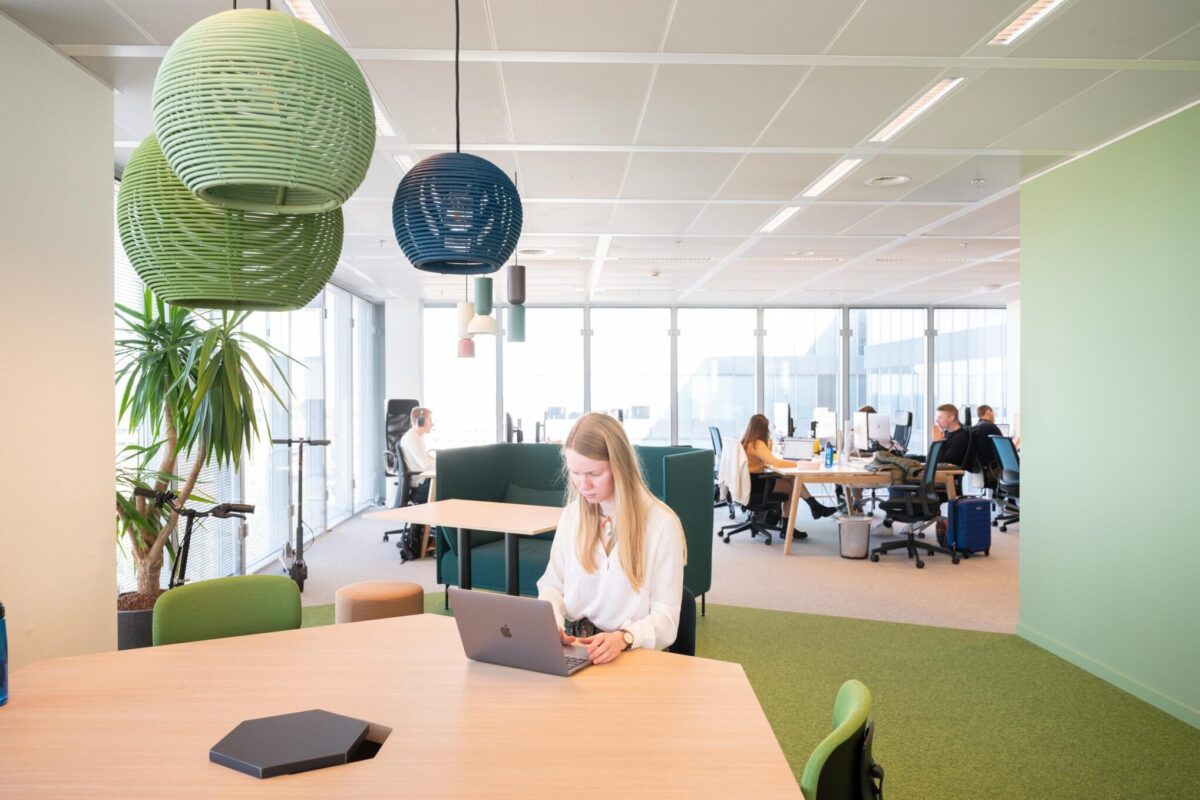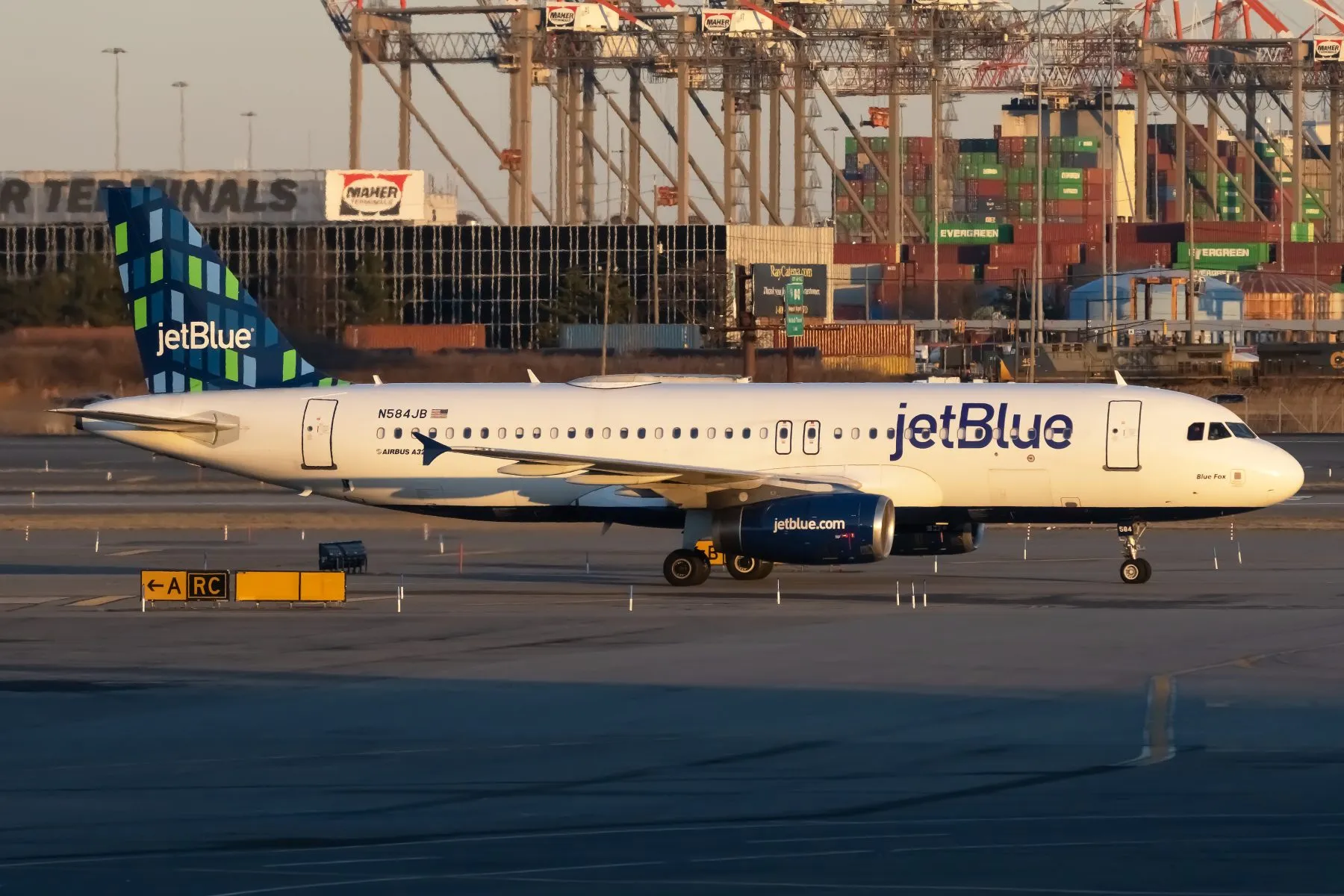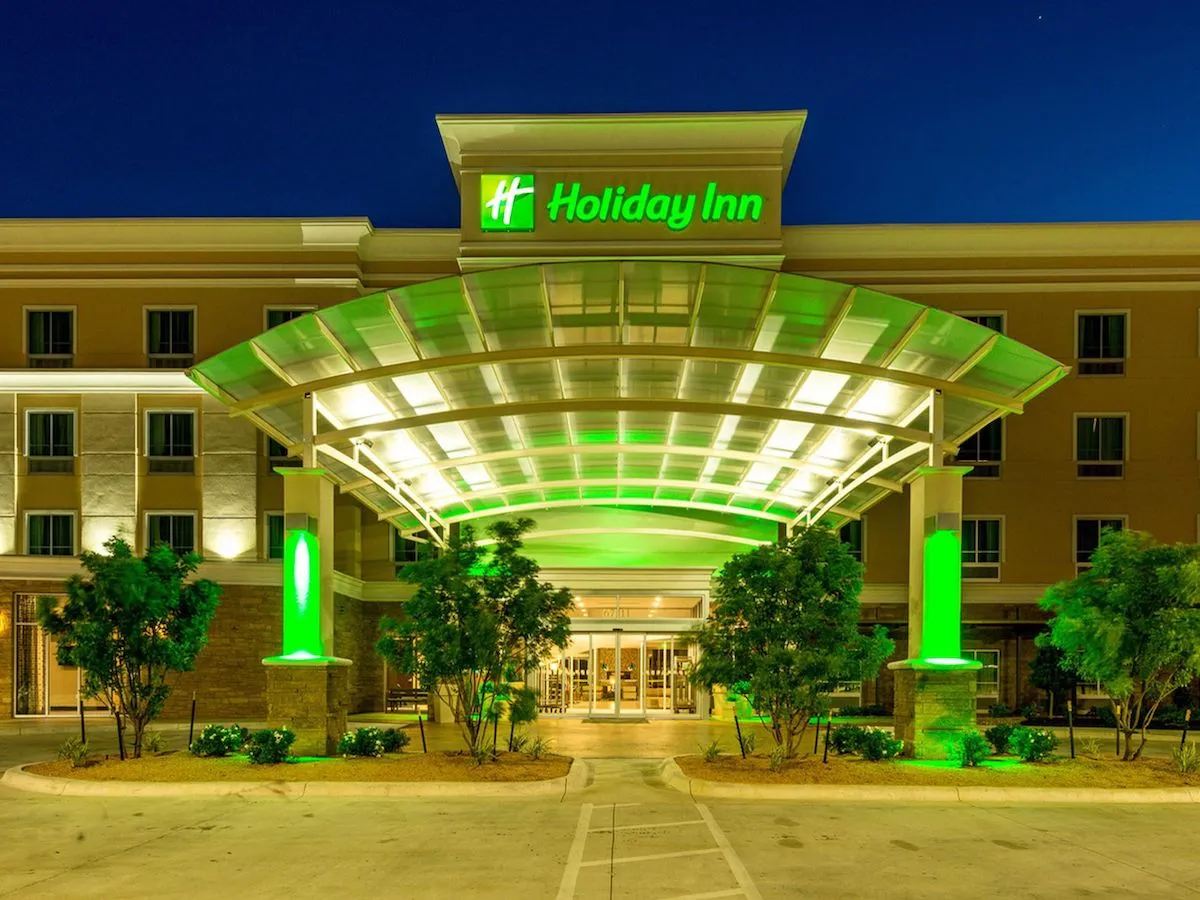Lighthouse CEO on What Comes After Raising $370 Million: More M&A, Better AI

Skift Take
Travel tech has a new unicorn. With a new valuation over $1 billion for the first time, Lighthouse is one of the only travel companies to have reached that level this year.
The company joins the ranks of Mews, Flyr, Engine, and TravelPerk — fast-growing travel tech companies that also happened to secure large fundraises this year.
Lighthouse’s equity fundraise of $370 million was by far the year’s largest for a travel software company (the second being Flyr with $225 million) and one of the largest ever. Investment firm KKR led the round.
“We had a huge amount of interest,” Lighthouse CEO Sean Fitzpatrick told Skift. “And I think that's a very strong signal to the investment community, as much as it is to the technology companies in our space, that there's a lot of interest in hospitality and travel technology.”
Lighthouse offers a platform focused on driving revenue for hotel clients, and it's meant to help them make decisions about pricing, promotion, and distribution. Traditionally, those three operations are handled in different places.
Skift spoke with Fitzpatrick on Friday about what’s next for the company.
Securing Funding
Lighthouse (formerly OTA Insight) raised $80 million in 2021. At that time, the company said it had more than 200 employees and a client base of more than 55,000 properties. It now has 700 employees and a client base of 75,000 hotels.
Fitzpatrick said the company is profitable.
Hotel tech has been a fast-growing sector, especially as hotels have been seeking to increase revenue and streamline operations post-pandemic. Startups have been raising big amounts to scale and consolidate the industry, especially this year.
With so much opportunity, Fitzpatrick said Lighthouse decided to seek an investor.
“It was less about the fundraising itself and more about bringing on a really good partner to help us get from where we are today to that next milestone,” Fitzpatrick said.
The company spoke with multiple investors and ultimately chose the best fit, he said.
KKR says it has invested $23 billion in tech companies since 2010.
Existing Lighthouse investors also participated in the round: Spectrum Equity, F-Prime Capital, Eight Roads Ventures, and Highgate Technology Ventures.
More M&A Deals
Lighthouse has acquired five companies, including four in the past couple of years.
There are more coming, Fitzpatrick said.
Deals will likely be focused on strengthening various aspects of the tech, not necessarily growing the company's client base.
“We're very realistic about the fact that there's a lot of great teams and technology that has already been built and can help us go faster. And so we're always looking for those startups or maybe the smaller businesses that ultimately solve a very particular problem," Fitzpatrick said.
And the company is “squarely focused” on commercial strategy tech, not property management or other front-end or back-office systems.
“We've no interest in that side of the tech landscape,” he said
Injecting More AI
Fitzpatrick named Amadeus Hospitality, whose suite of hotel tech products includes revenue management and pricing tools, as Lighthouse’s biggest competitor. Between Amadeus and Oracle Hospitality, two well-established companies in the industry, Lighthouse faces stiff competition.
Built in the past decade, Lighthouse's tech is cloud-native and designed with a modern user experience in mind. Fitzpatrick believes that makes a big difference when competing with decades-old platforms.
The Lighthouse tech uses AI to process and analyze market data to help hotels with commercial decisions. He said the platform has been designed with AI integrated throughout, meant to simplify the user experience.
“We are at a point now where we're leveraging a lot more AI on our platform, and so we want to accelerate that even further. We believe that's a real unlock and truly transformational for the industry," Fitzpatrick said.
In the past year, the company has introduced AI that focuses on revenue management and commercial strategy techniques. The company is also training AI to streamline certain operational tasks for hotels, like generating daily business reports.
“The best way to describe it is that we are creating that next-generation copilot for hoteliers,” he said.





